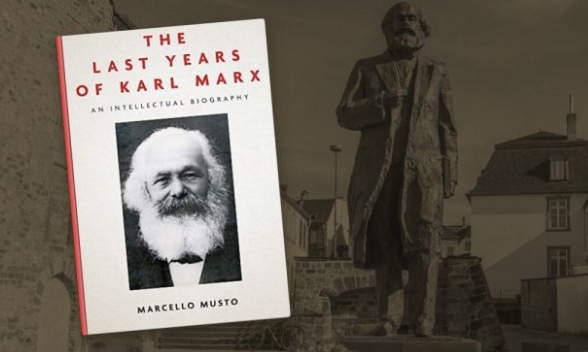Karl Marx’s legacy has had a profound impact on the world, particularly through his famous book, “Das Kapital.” Let’s take a closer look at the key themes and ideas that Marx presented in this influential work.
The Critique of Capitalism:
In “Das Kapital,” Marx offers a scathing critique of capitalism, highlighting its inherent flaws and inequalities. He argues that the capitalist system is built on the exploitation of workers, who are forced to sell their labor for wages that are often inadequate to meet their basic needs.
The Labor Theory of Value:
One of the central concepts in Marx’s analysis of capitalism is the labor theory of value. According to this theory, the value of a commodity is determined by the amount of labor required to produce it. Marx argues that under capitalism, workers are paid only a fraction of the value they create through their labor, with the rest accruing to the capitalist class as profit.
The Alienation of the Worker:
Marx also explores the concept of alienation in “Das Kapital,” arguing that under capitalism, workers are estranged from the fruits of their labor and from their own humanity. He suggests that the capitalist mode of production leads to a sense of disconnection and powerlessness among workers, as they are reduced to mere cogs in the machinery of capitalism.
The Contradictions of Capitalism:
Throughout “Das Kapital,” Marx highlights the contradictions inherent in capitalism, such as the tendency toward overproduction and economic crises. He argues that capitalism is a system riven with internal contradictions and conflicts, which ultimately lead to its downfall.
The Call for Revolution:
In light of his critique of capitalism, Marx calls for a revolution to overthrow the capitalist system and establish a more just and equitable society. He envisions a world in which the means of production are owned collectively by the workers, rather than by a small capitalist elite.
In conclusion, “Das Kapital” remains a seminal work in the history of political thought, offering a powerful critique of capitalism and a vision of a more just and equitable society. By unraveling the legacy of Karl Marx and his famous book, we can gain a deeper understanding of the social, economic, and political forces at play in our world today.
